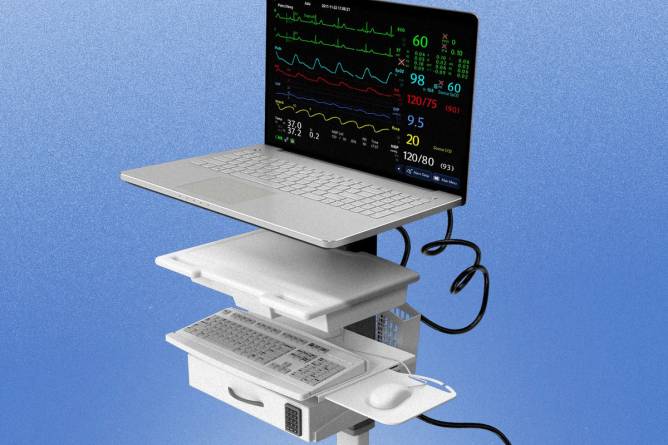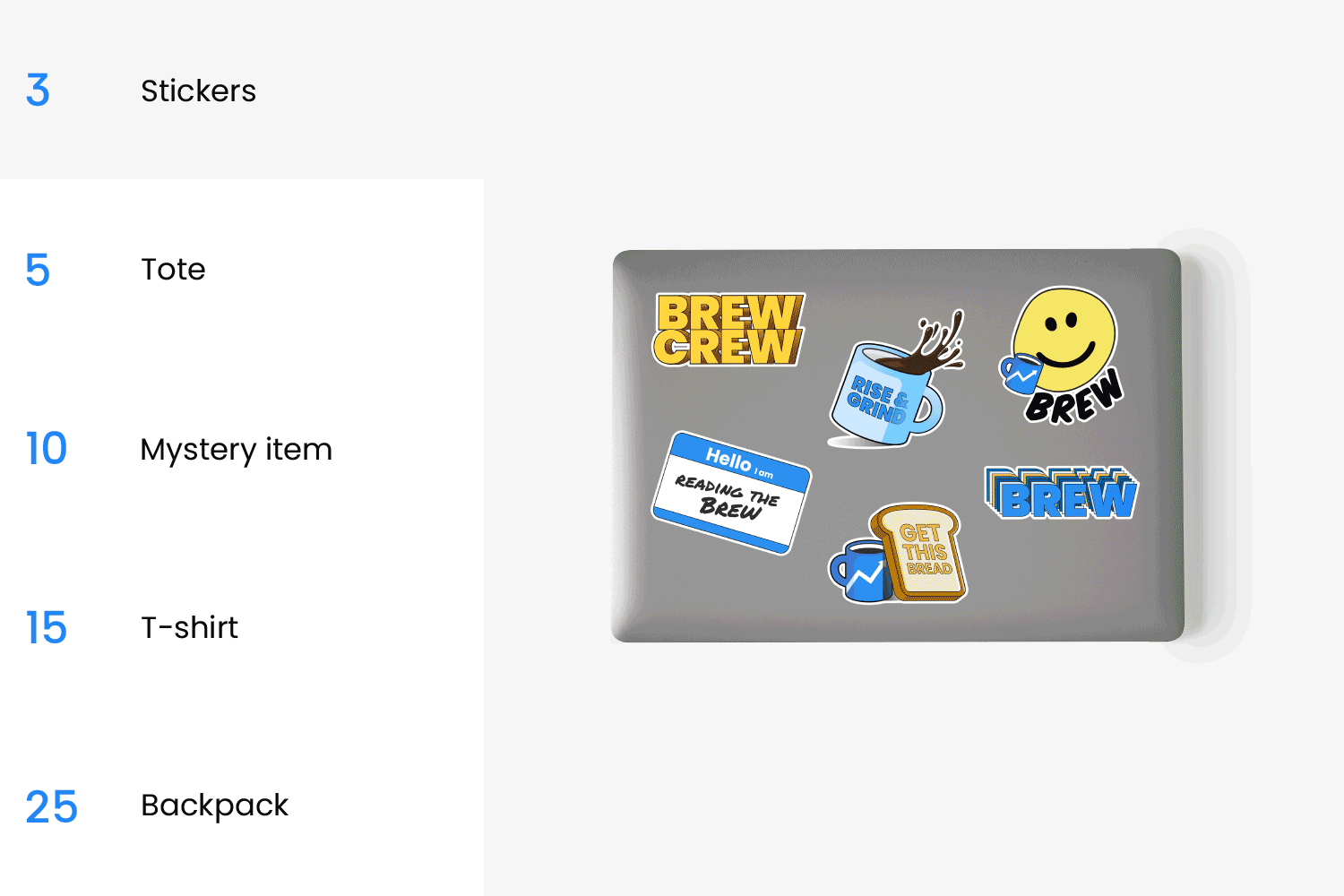|
For almost a year, many hospitals have followed guidance the American Society of Anesthesiologists (ASA) issued last June to withhold a dose of certain diabetes medications before surgery because of concerns that they could cause health complications. But a new study released Tuesday suggests that stopping the medication may not always be necessary.
The study, published in the Journal of Diabetes, Obesity, and Metabolism, found that taking glucagon-like peptide-1 (GLP-1) agonists the week of an elective surgical procedure did not increase patients’ risks for at least six potential peri- and postsurgical complications, including gastroparesis, respiratory failure, and death.
Researchers from the Mills-Peninsula Medical Center, Stanford University, the University of Miami, Thomas Jefferson University and the Diabetes Technology Society partnered with data company Atropos Health and used artificial intelligence (AI) to analyze millions of anonymous patient records from when GLP-1s were first introduced in January 2015 to April 2023.
Keep reading here.—NB
Do you work in healthcare or have information about the industry that we should know? Email Neelam at [email protected]. For confidential conversations, ask Neelam for her number on Signal.
|










